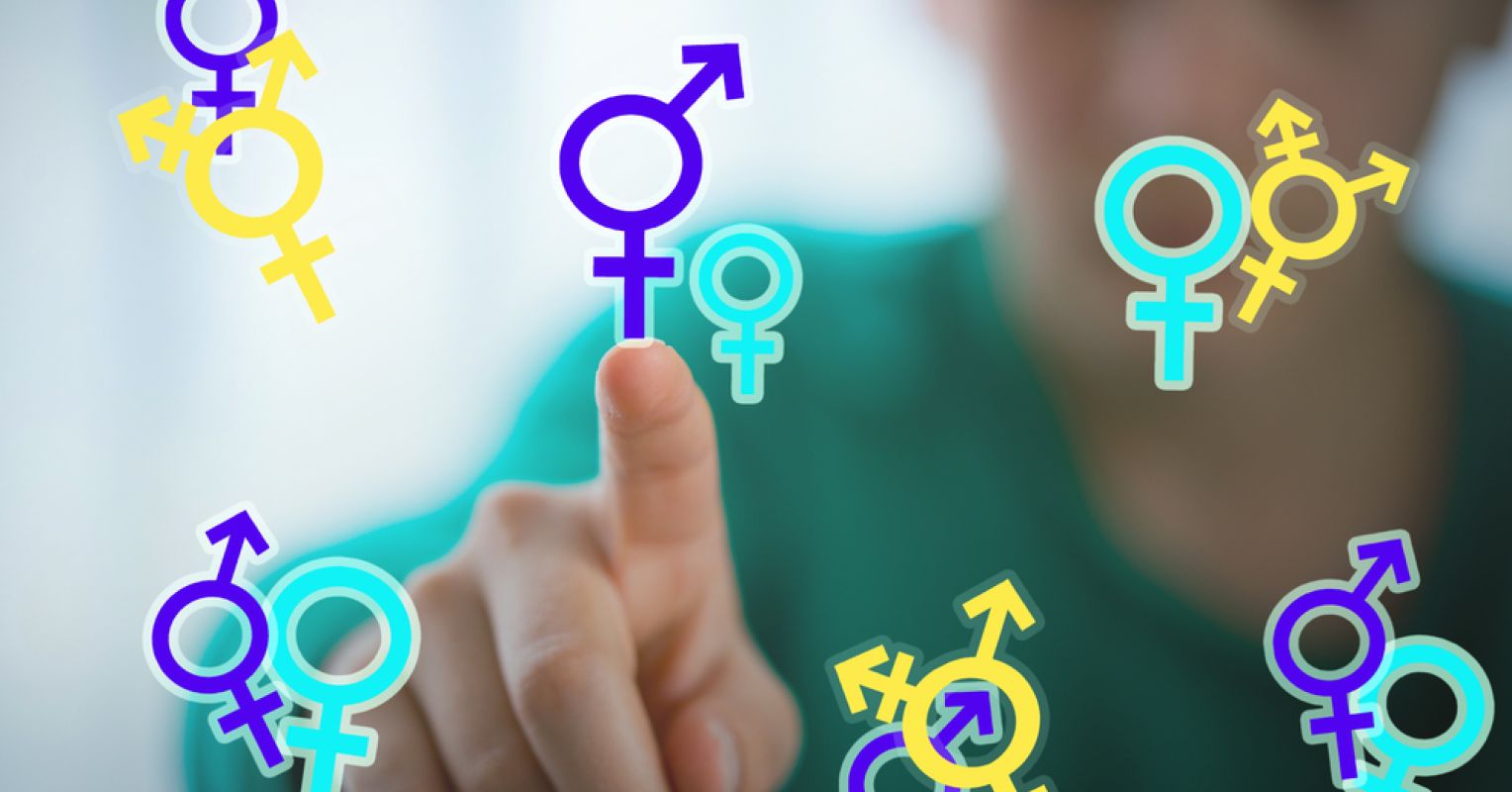
"According to the Williams Institute at UCLA School of Law, about 724,000 youth ages 13-17 in the United States identify as transgender. This corresponds to approximately 3.3% of that age group, and these numbers are rising (Herman & Flores, 2025). Although a 3.3% prevalence rate among adolescents may not seem like a lot, the issue of youth transitioning has taken on an outsized role in American political discourse."
"As a child and family psychologist who has spent many years working with trans kids, I can tell you this: both political parties often get much of this all wrong, but each also gets parts of it right. This is a two-part post. Here in Part I, I'll begin by describing what the Democrats are getting both right and wrong about trans kids. In Part II, I'll do the same for the Republicans."
"Democrats generally affirm the existence and validity of gender dysphoria and strongly advocate for transgender rights. This includes supporting a child's right to express their gender identity free from discrimination and oppression. Democrats also promote gender-affirming environments in schools, where children can use chosen names and pronouns, and where they receive age-appropriate information about gender diversity."
"Here, the Democrats get it right, and I strongly support these positions. Every child deserves to be free from discrimination"
About 724,000 U.S. youth ages 13–17 identify as transgender, roughly 3.3% of that age group, and prevalence is increasing. The political debate over youth transitioning has intensified, with both major parties asserting superior expertise while often simplifying complex realities. Democrats affirm gender dysphoria, support transgender rights, and promote gender-affirming school policies such as chosen names, pronouns, and age-appropriate education. Democrats' support reduces discrimination but can understate social influences on gender development. Effective parental support requires a balanced understanding of social influences, empathy, and nuance to treat each transgender youth as an individual rather than a political symbol.
Read at Psychology Today
Unable to calculate read time
Collection
[
|
...
]